Over 30 years of anarchist writing from Ireland listed under hundreds of topics
Decency for Dunnes Workers March in Newbridge, Kildare - Report
Over 100 people, mainly Dunnes workers, marched from the town hall to Dunnes Stores in Newbridge, Co. Kildare on Thursday evening as part of the Decency for Dunnes Workers campaign which focuses on decent hours and earnings, job security, fair pay and representation and right to dignity at work. Marchers included members of the Scrap Water Charges Kildare group as well as a small, smartly dressed doggy. Mandate representatives and numerous local supporters were in attendance.
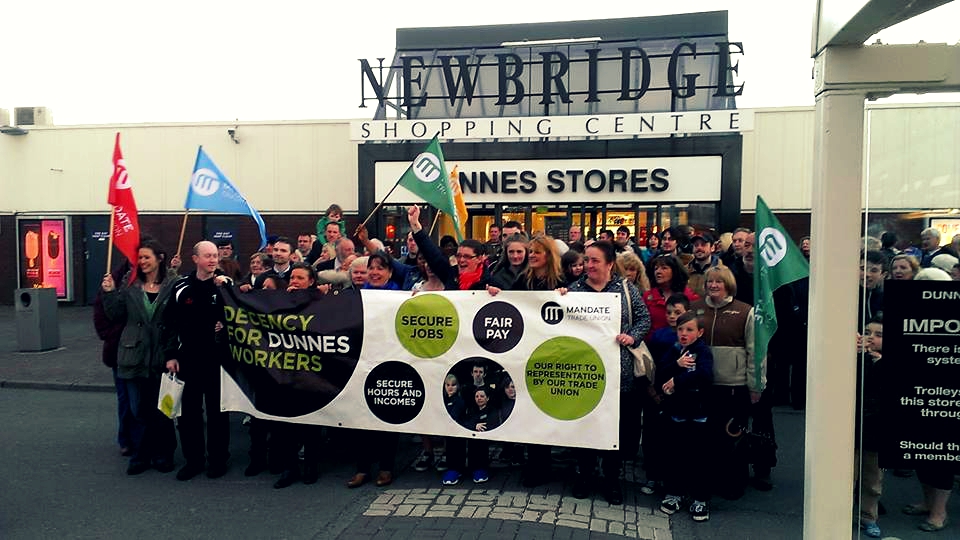
Striking Bus Drivers or Climate Warriors? Notes on Ireland’s Eco-Transport Struggles
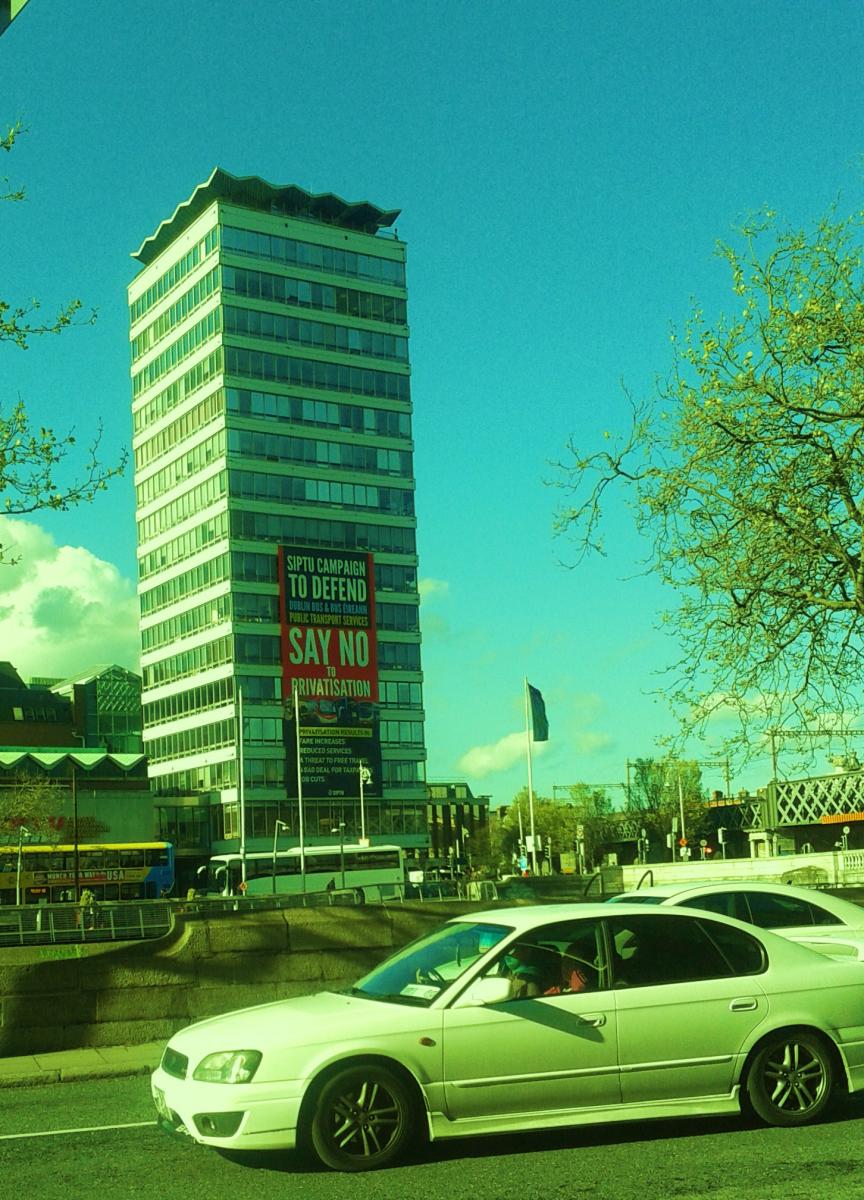 Could climate change become a catalysing force for radical social transformation in Ireland? Recent struggles around public transport in Ireland prompted me to think along these lines. Last weekend, Dublin Bus and Bus Éireann workers went on strike over plans by the National Transport Authority to tender out 10% of public routes to private operators. A few days earlier, SIPTU’s banner at Liberty Hall had been unfurled to state: ‘Say No to Privatisation; privatisation results in fare increase, reduced services, a threat to free travel, a bad deal for taxpayers and job cuts’. SIPTU and NBRU members and strike organisers have emphasised the damage privatisation will do to society, primarily concentrating on the loss of community services and the race to the bottom in bus drivers’ terms and conditions [1]. The striking workers deserve our support and their claims should be taken seriously. This is definitely the case when the regime media adhere to a deeply unimaginative line, loudly declaiming traffic disruption to an imagined city of angry consumers and silently accepting the hollowing out of public services [2]. At the same time, however, we also need to think about what’s not being said, about the words that don’t make it on to the papers or the banner.
Could climate change become a catalysing force for radical social transformation in Ireland? Recent struggles around public transport in Ireland prompted me to think along these lines. Last weekend, Dublin Bus and Bus Éireann workers went on strike over plans by the National Transport Authority to tender out 10% of public routes to private operators. A few days earlier, SIPTU’s banner at Liberty Hall had been unfurled to state: ‘Say No to Privatisation; privatisation results in fare increase, reduced services, a threat to free travel, a bad deal for taxpayers and job cuts’. SIPTU and NBRU members and strike organisers have emphasised the damage privatisation will do to society, primarily concentrating on the loss of community services and the race to the bottom in bus drivers’ terms and conditions [1]. The striking workers deserve our support and their claims should be taken seriously. This is definitely the case when the regime media adhere to a deeply unimaginative line, loudly declaiming traffic disruption to an imagined city of angry consumers and silently accepting the hollowing out of public services [2]. At the same time, however, we also need to think about what’s not being said, about the words that don’t make it on to the papers or the banner.
Belfast Solidarity Demonstration for Baltimore - No Justice, No Peace
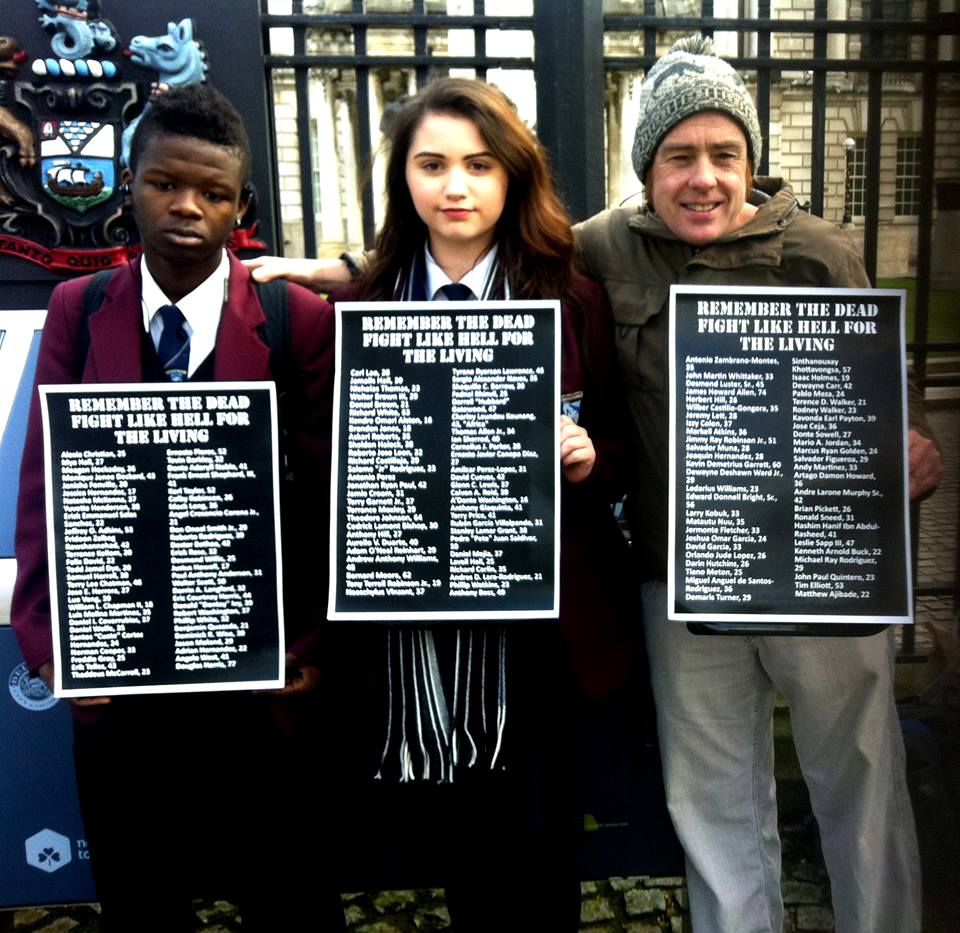 On May 5th the Belfast branch of the Workers Solidarity Movement organised a demo and protest in solidarity with Baltimore.
On May 5th the Belfast branch of the Workers Solidarity Movement organised a demo and protest in solidarity with Baltimore.
We arranged candles in a circle with flowers in the middle as a vigil to those who have been murdered as a result of police and state-sponsored violence and racism. We then played interviews from Baltimore and Black America out on a speaker in order to allow those directly affected to speak for themselves.
Every 28 hours a person of colour (POC) is murdered by the police force in America. So far 157 known POC have been murdered - we printed out their names to show that they are not just numbers or statistics. Instead of reporting this the media and those with privilege have decided that it is much more important to talk about looting. This is the narrative in a neo-liberal, racist, society that places profit over the lives of people. In a society that is founded upon violence to act violently is to act in self-defence. Freddie Gray didn’t have the opportunity to act in self-defence against the torture he endured which eventually killed him.
Brigadistas in Paradise - The Green Brigade and left wing football fan culture
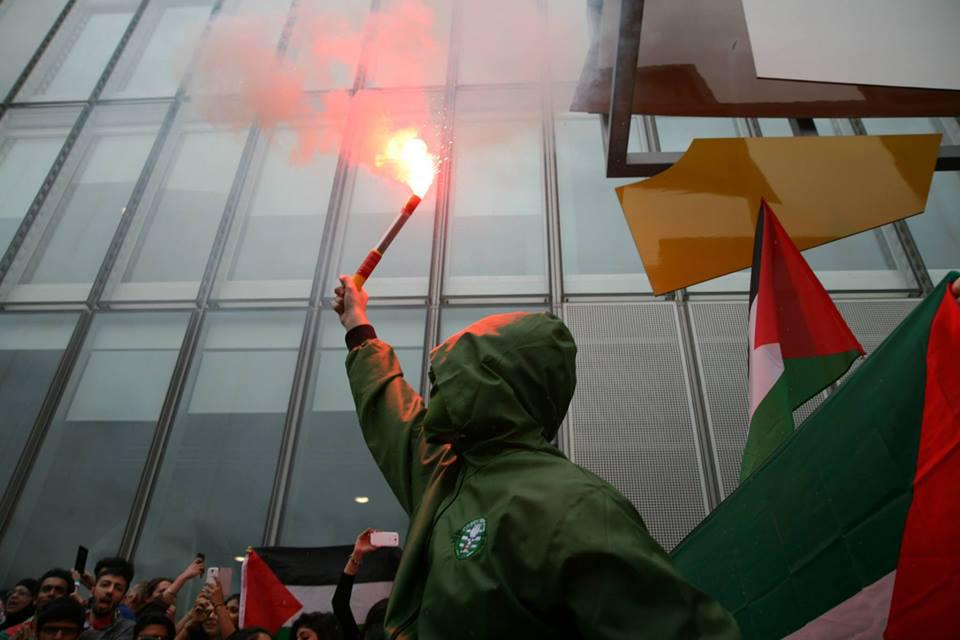
The following is an abridged summary of a qualitative study undertaken as part of the Masters in Community Education, Equality and Social Activism at the National University of Ireland Maynooth. The thesis drew upon theories of culture, subculture, social movements, radical pedagogy, ethnographies and studies of ultras, gender and football research, as well as studies of the Irish immigrant experience in Scotland, and specifically the role of Celtic FC as an expression of Irish identity.
The Green Brigade of Glasgow Celtic Football Club were founded in 2006 as an explicitly anti-sectarian, anti-racist and anti-fascist group of ultras, who would celebrate Irish Republicanism, oppose the commercialisation of football, and act as an alternative to apolitical fans groups who were perceived as being too close to the management of the club.
Creating the Commons: on the meaning of Bolivia’s water wars
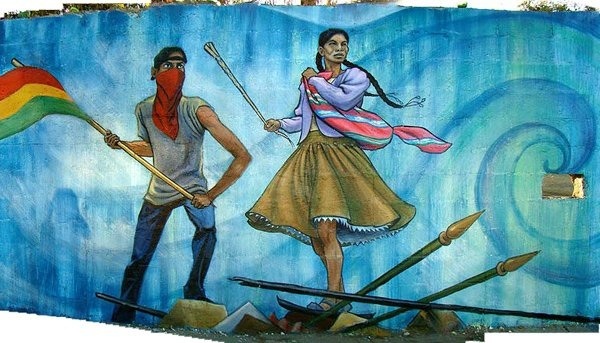
‘In the history of humankind every act of destruction meets its response, sooner or later, in an act of creation’ - Eduardo Galeano
In Bolivia, there have been remarkable experiences in urban peripheries, notably in Cochabamba, that reveal the capacity of grassroots associations to construct a free society based on solidarity and mutual aid. The background to the country’s Water War of April 2000 must be understood against preceding waves of struggle, particularly the huge marches for sovereignty and livelihoods of coca growers, Amazonian groups, and others that emerged with the implementation of the neoliberal model in 1985 [1]. Subsequent mine closures and rural migration occasioned huge increases in Bolivia’s urban centres, particularly in Cochabamba, the country’s third largest city. The state water company, Semapa, served only half of the city’s population. In the neglected southern peripheries, neighbourhood groups organised associations to bring water to their homes. Cooperatives, formed without state assistance, dug wells, built water mains, and even created drainage and sewers. In cases where wells could not be dug, the committees bought their own water tankers and organised daily deliveries. By 1990, some 140 urban water committees had formed in the south of Cochabamba, with between 300 and 1000 families in each one [1].
Migration State Racism and Anti Racism Organising - video of panel at DABF 2015
The Dublin anarchist bookfair panel on migration, state racism and anti-racist, migrant self organising.
Looking at issues faced by migrant activists involved in left-wing politics including the NGOization and electoralization of the migrant justice movement; confronting nationalism and white privilege within campaigns and the particular types of exploitation and oppression faced by different communities of working class migrants. Also discussing migrant self-organising, as in the Kinsale Road occupation, and strategies for making single-issue campaigns more inclusive of anti-racism organising.
Thinking about Anarchism - Anarchism and the State
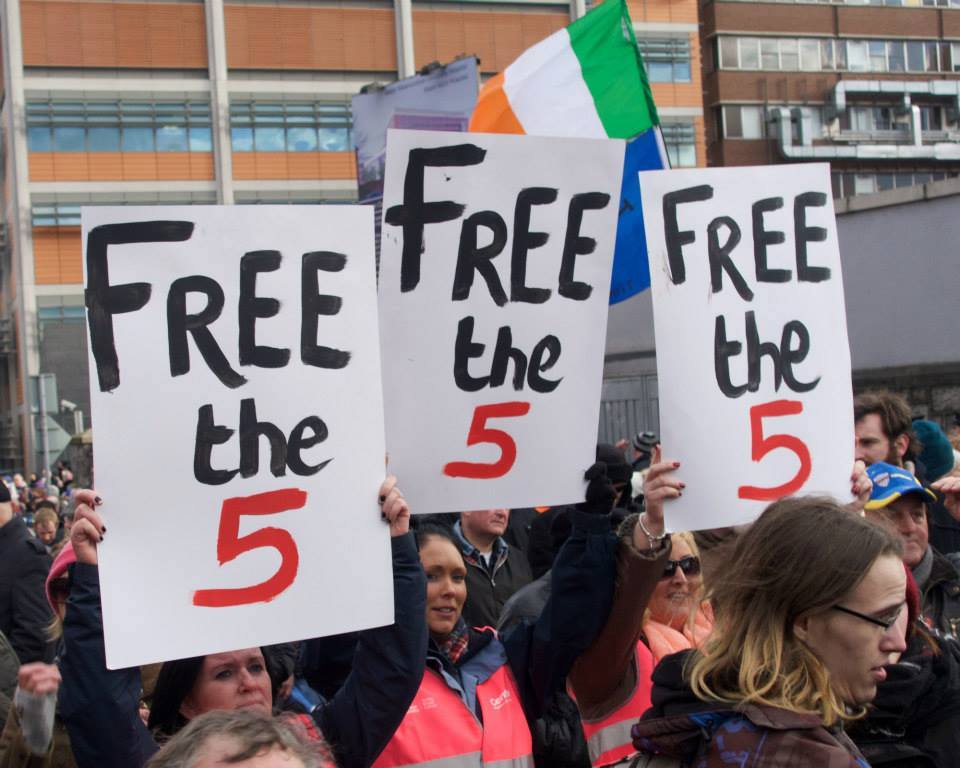 Ever wonder why the Gardaí show up in large numbers when you’re trying to stop water meters in your estate, but haven’t got the resources to come straight out when you think your neighbour’s house is being burgled? If so, you’re thinking about the state.
Ever wonder why the Gardaí show up in large numbers when you’re trying to stop water meters in your estate, but haven’t got the resources to come straight out when you think your neighbour’s house is being burgled? If so, you’re thinking about the state.
Misconceptions & Reality
The most common misconception about anarchism is that it is in favour of ‘chaos’ or some sort of world generally devoid of order and democratic institutions which would leave us at the mercy of predators within our society. Therefore it aims for the destruction of civilisation and democracy itself, which in this view are represented by the state – the guarantor of peace, freedom, and of course, roads.
McDonalds Workers in New Zealand Win May Day Victory Over Zero Hours Contracts
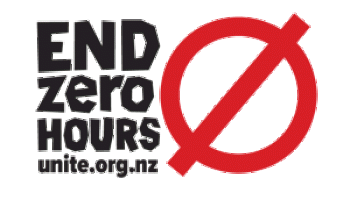 Congratulations to workers at McDonalds and their union, Unite in New Zealand/Aotearoa who have won their battle with the employer and ended zero hour contracts at the fast food giant!
Congratulations to workers at McDonalds and their union, Unite in New Zealand/Aotearoa who have won their battle with the employer and ended zero hour contracts at the fast food giant!
The workers were due to strike today 1st of May, but McDonalds backed down at the last minute. From 1 October 2015, all McDonald's employees will be offered 80 per cent security of hours, up to a 32 hour weekly cap, based on the average of the previous fixed quarterly worked hours.
The Water Revolt: Ireland 2015
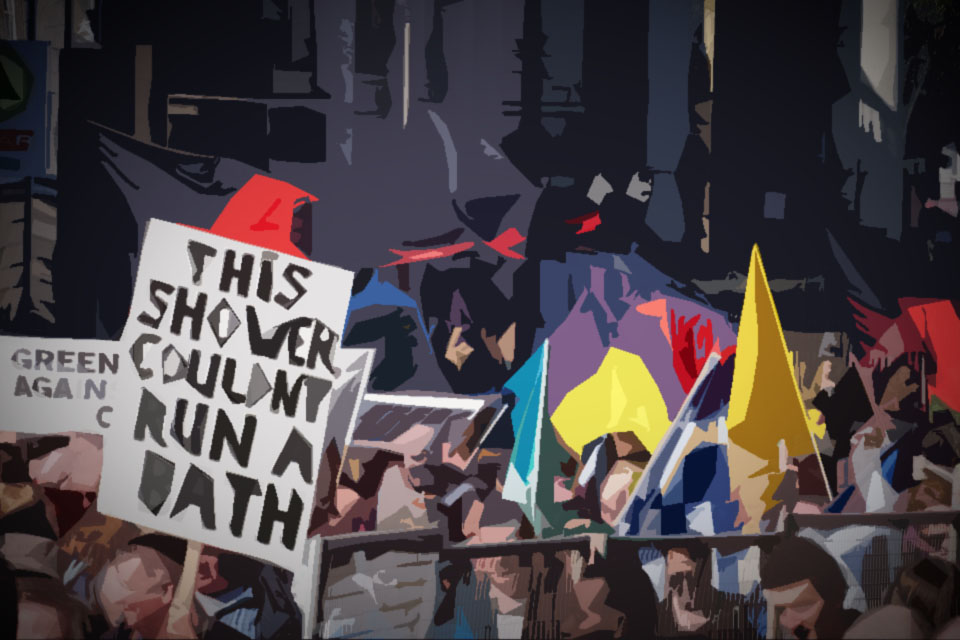 The campaign against the water charges is the most widespread and powerful grassroots movement in recent Irish history. With hundreds of local campaign groups, daily direct actions, and 4 national demonstrations on the order of 50,000-100,000, the cynical refrain that 'the Irish don't protest' has rapidly been replaced by a sense of ubiquitous rebellion. Irish Water is a depraved neoliberal world in effigy, embodying many of the worst problems of our society including the rule of international finance (and private greed in general) at the cost of the vast majority's well being, and the chronic disconnection of the populace from decision making. As such the movement has become a platform for opposition to austerity, the bank bailout, privatisation, the government, party politics, the EU, and more. Thousands of people have experienced a political (re-)awakening. But while it is possible that we will win this battle, and abolish Irish Water, this struggle represents a precious opportunity to make a grassroots offensive after so many years of being beaten down.
The campaign against the water charges is the most widespread and powerful grassroots movement in recent Irish history. With hundreds of local campaign groups, daily direct actions, and 4 national demonstrations on the order of 50,000-100,000, the cynical refrain that 'the Irish don't protest' has rapidly been replaced by a sense of ubiquitous rebellion. Irish Water is a depraved neoliberal world in effigy, embodying many of the worst problems of our society including the rule of international finance (and private greed in general) at the cost of the vast majority's well being, and the chronic disconnection of the populace from decision making. As such the movement has become a platform for opposition to austerity, the bank bailout, privatisation, the government, party politics, the EU, and more. Thousands of people have experienced a political (re-)awakening. But while it is possible that we will win this battle, and abolish Irish Water, this struggle represents a precious opportunity to make a grassroots offensive after so many years of being beaten down.
Irish Anarchist Review Issue 11
The eleventh issue of the Irish Anarchist Review goes to press in the middle of the biggest battle in the war against austerity in Ireland to date. Tens of thousands of people have taken part in mass demonstrations against the water charges, up and down the country thousands have taken part in acts of physical resistance against water meter installation and hundreds of thousands, at the very least, are getting ready to participate in a mass boycott of the charge. Furthermore, the level of political consciousness of the population has risen considerably over the last year, with a distinct anti-establishment atmosphere, and in some cases an anti-state atmosphere, developing.

